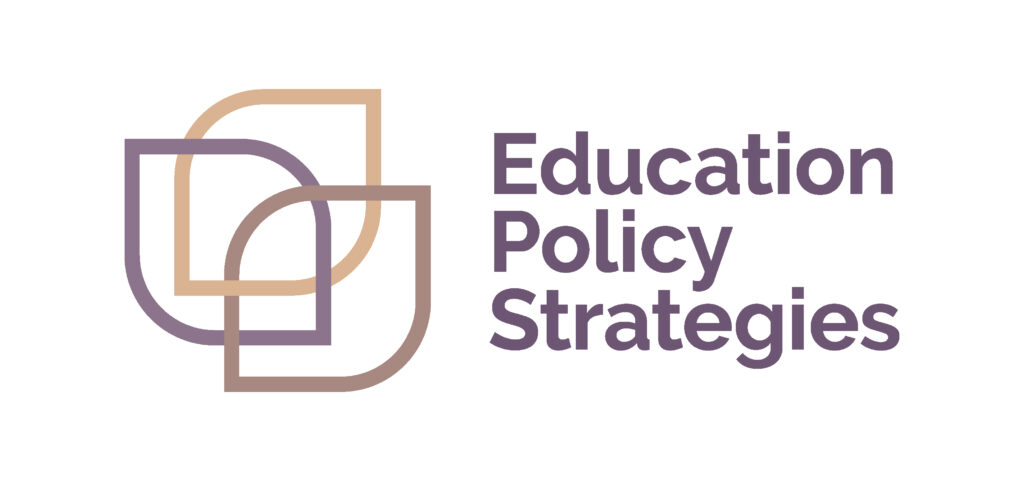Do the new proposed U.S. Department of Education GEPA regulations provide a more meaningful standard for equity in federal grants?
Maria Worthen | Posted on |
The public has an opportunity to tell the federal Education Department (ED) whether its proposal to change a grant application requirement will have a meaningful impact on the equity of grant programs.
On Thursday, August 4, 2022, ED published a Federal Register notice asking for public comment on a revised GEPA form that all grantees must submit with each grant application.
Per the notice:
“On October 20, 1994, the Improving America’s Schools Act, Public Law 103-382 (The Act), became law. The Act added a provision to the General Education Provisions Act (GEPA). Section 427 of GEPA requires an applicant for assistance under Department programs to develop and describe in the grant application the steps it proposes to take to ensure equitable access to, and equitable participation in, its proposed project for students, teachers, and other program beneficiaries. Applicants have responded to the GEPA 427 requirements for approximately the last 27 years, and the current form expires in June 2023. In response to the Agency’s Equity Plan resulting from the President’s Executive Order 13985, we now propose […] to update that form by expanding the number of questions from one to four.
“These four questions are intended to help applicants for Department grant funds to be more intentional and specific as to identifying barriers to equitable access and how they will address those barriers consistent with the requirements of section 427 of GEPA. As with the existing form, applicants retain the flexibility to determine and define for themselves the barriers to “equitable access” and “equitable participation” based on the design of their proposed grant projects and the participants and community the project proposes to serve.”
On the current GEPA form, the applicant must only describe “the steps the applicant proposes to take to ensure equitable access to, and participation in, its Federally-assisted program for students, teachers, and other program beneficiaries with special needs.” The description can be submitted in any format and is not subject to peer review.
(When I was an ED program officer screening grant applications, we were instructed to look at the description and check a box indicating the requirement had been met. The statements tended to be very general, varied widely in quality, and as far as I can recall, there was no way to hold applicants accountable for adhering to their plan during the grant monitoring process. In short, it was an exercise in bureaucracy.)
The proposed form (which, confusingly, the Federal Register does not link to; you have to go to a different government website and enter a docket number to download it), asks applicants to respond to the following questions:
- Describe how your entity’s existing mission, policies, or commitments ensure equitable access to, and equitable participation in, the proposed project or activity.
- Based on your proposed project or activity, what barriers may impede equitable access and participation of students, educators, or other beneficiaries?
- Based on the barriers identified, what steps will you take to address such barriers to equitable access and participation in the proposed project or activity?
- What is your timeline, including targeted milestones, for addressing these identified barriers?
These seem like good questions, and applicants may simply copy and paste answers from their application narrative to comply with the GEPA requirement, resulting in minimal burden for an applicant with a high-quality program design. For applicants who have not addressed these issues in their application, it provides an important set of prompts to think about how they define equity and how the proposed initiative will advance it.
Still, ED does not intend to review these statements for quality, publish the responses, or provide any other form of accountability. There are other ways ED could shape a more meaningful approach to equity in its grantmaking, such as making them part of peer review criteria.
What do you think?
The U.S. Department of Education is accepting public comment on the proposed information collection for GEPA Section 427 Guidance via the Federal Register through October 3, 2022.

